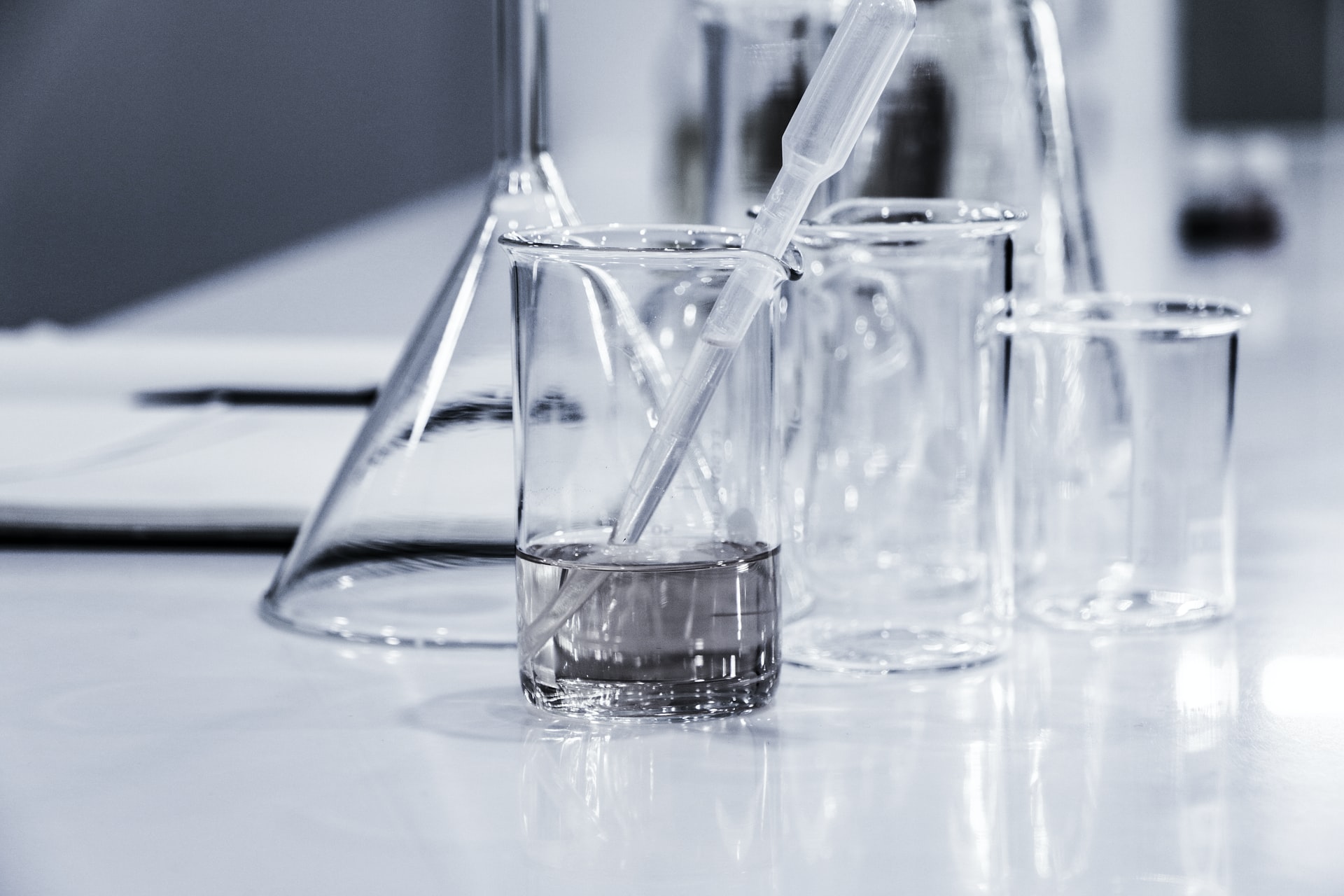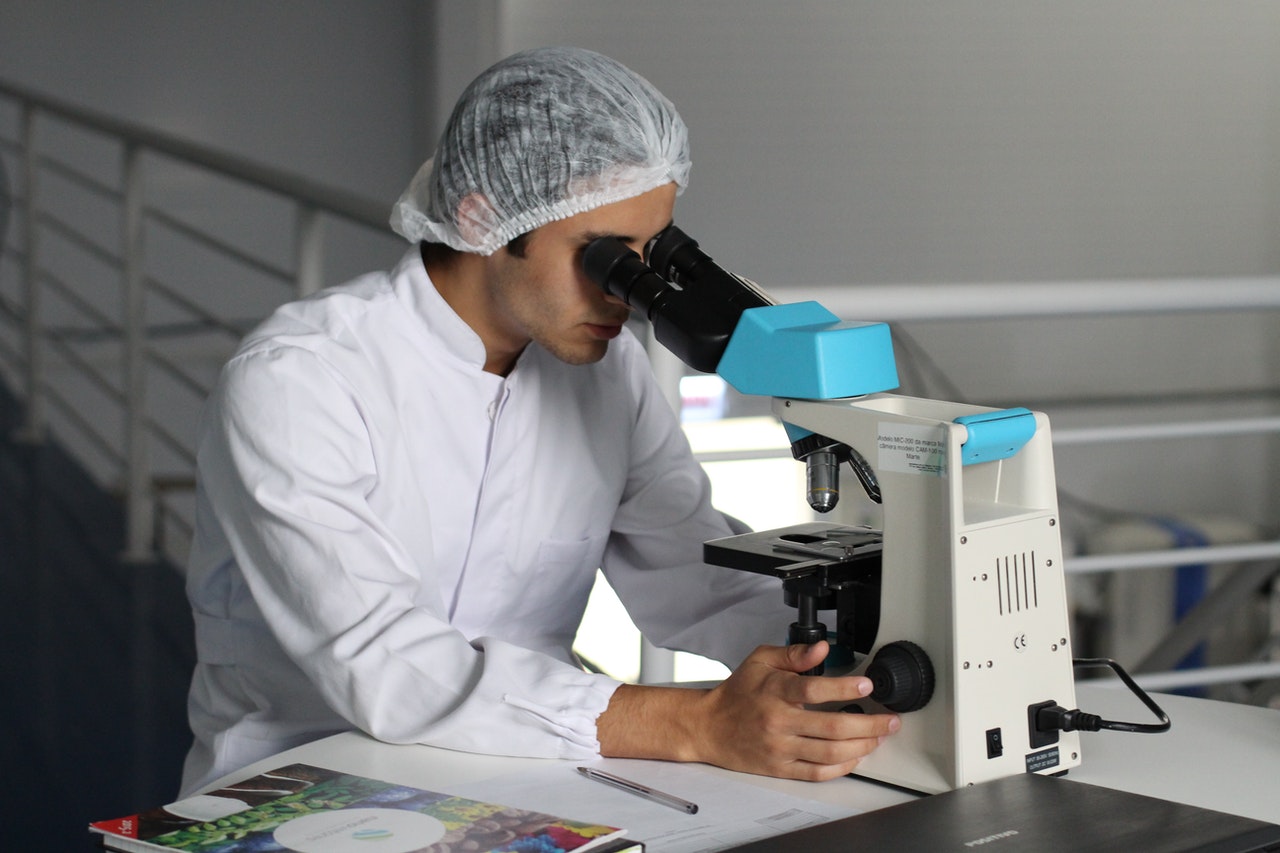Scientists all over the world are working on impressive technologies to make life easier for everyone. From the palm-sized tricorders to the million-dollar saving Oxgene Tessa. Continue reading →
Advanced scientific discoveries have moved far from being fictional. Scientists all over the world are working on impressive technologies to make life easier for everyone. You don’t hear about the latest technologies from science laboratories as easily you hear about the latest celebrity gossip. But here you have it, from the palm-sized tricorders to the million-dollar saving Oxgene Tessa.


Lab scientists must have figured out that people would love to diagnose themselves when they created this device. At some point in the past, a tricorder must have been referred to as fiction. Today, scientists in Pasco have made it a possibility. The tricorder is not a massive device. It is compact and easy to hold. Some of the functions of a tricorder are:
The tricorders are just the size of the palm and are easy to handle. You can detect several health issues easily via the device. Basil leaf technologies released DxtER, a tricorder that can detect up to 34 health conditions like:


The pandemic era has seen the development of drugs become much better and faster. The quick discovery of drugs to counter the effect of the novel coronavirus is an impressive feat. There was a development of vaccines for covid19 in less than a year. The urgent need for a counter to the deadly virus has improved drug development. This is an impressive technology that would impact and speed up manufacturing drugs against other diseases. There are newer innovations to the way medical trials are conducted. For instance, virtual clinical trials became rampant during the most challenging stages of the coronavirus.
If you’ve ever heard that microscopic particles can take medicine to another level, the discussion must have been about nanoparticles. Nanomedicine is one of the medical breakthroughs that used to sound fictional at some point. But nanomedicine is real, and it’s working. Nanomedicine applies the knowledge of nanotechnology where atomic, molecular, or supramolecular particles are the active elements. Some of the aspects of science that have seen a breakthrough with nanomedicine are imaging, sensing, and diagnosis. Nanoparticles can also deliver medical services to ill patients. How?
There’s more research ongoing concerning Nanomedicine. Apparently, there’s still a long way to go. Recently, researchers are working on new ways of utilizing nanomedicine so that nanoparticles can target specific cells in the body. Some pharmaceutical companies have developed nanotech to fight viruses and bacteria.
For some people, wearables can be considered a pure tech feat. Still, these wearables can also perform amazing scientific functions like measuring a heartbeat and deriving certain health information about its wearer. Wearables are becoming more specific in the medical environment. Rather than being mere fitness trackers, wearables can now monitor a patient’s conditions. For instance, diabetic patients can get wearables to continuously monitor their glucose levels.
Wearables have become the smart devices of medicine. Without lab scientists, the wearable might not be anywhere to be found.
This device has been indispensable in the discovery of weak points and the fight against the deadly coronavirus. Since trying to probe the virus to find possible weak points by hand would be tedious, scientists decided to feed AbCellera Celium with the necessary data. Celium is a data visualization tool that reveals which antibodies will work best in a patient. Without Celium, scientists had to sort through spreadsheets that were extremely difficult to navigate.
Who would ever think that any device could discover an accurate and comprehensive genetic variation in humans? This device is a genome analysis machine. That iterates all possible genetic sequences at a given locus. The seven bridges GRAF was first released in 2013. But there’s more work to be done, and scientists seem to be making progress. Considering the magnitude of the science behind this device, it’s an impressive scientific lab research and invention product.
Oxygene Tessa has solved a major problem facing scientists. This challenge involves delivering genetic therapies to patients’ cells. Producing the AAV (Adeno Associated Virus) required comes at a high cost. One dose of the AAV costs millions of dollars and reproducing for the amount a patient needs would be financially impossible. So the solution is to replicate the AAV. However, this meant that the replicates were contaminated by the adenoviruses replicating themselves. To tackle this issue, Oxygene was devised to help replicate the AAVs without contamination. This makes the treatment of patients with the AAV possible and less expensive.
When challenges come up in the world of science, it’s up to the laboratories to come up with something mind-blowing. Even when the challenges seem impossible, lab scientists almost always come through something to impress the world.
Weight management has become particularly relevant, requiring a systematic approach and professional support. Digital technologies…
A dedicated screening layer empowers teams to focus on community growth rather than endless manual…
The 2025 IRS mileage rate is a delivery driver’s best friend when it comes to…
Effective debt recovery is within reach for businesses that use the right tools and have…
Buying decisions follow predictable patterns. Messages about limited availability, social proof, and smart pricing make…
The last thing you probably want to add to your plate is stressing over cybersecurity…